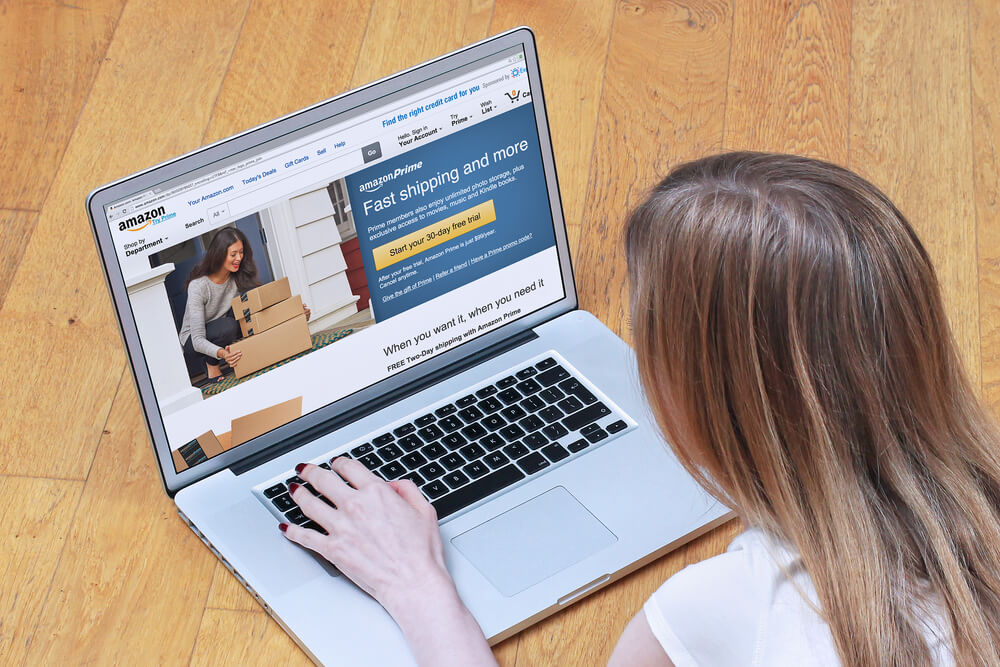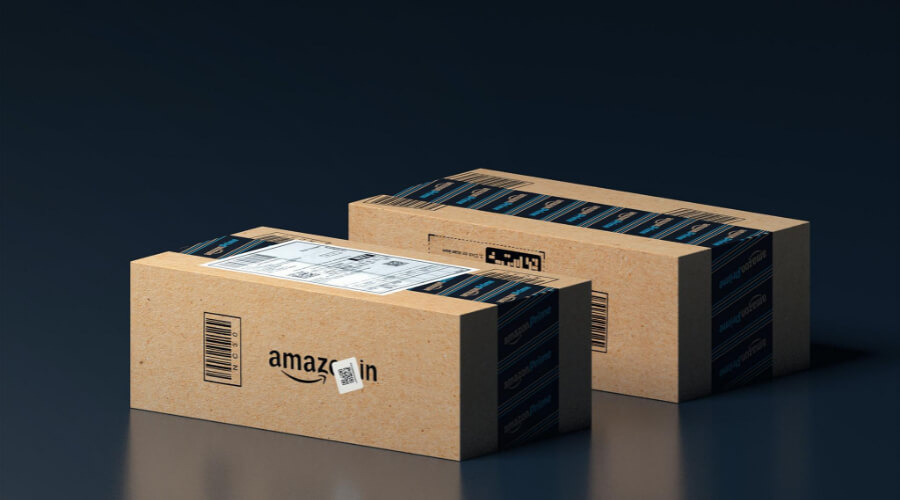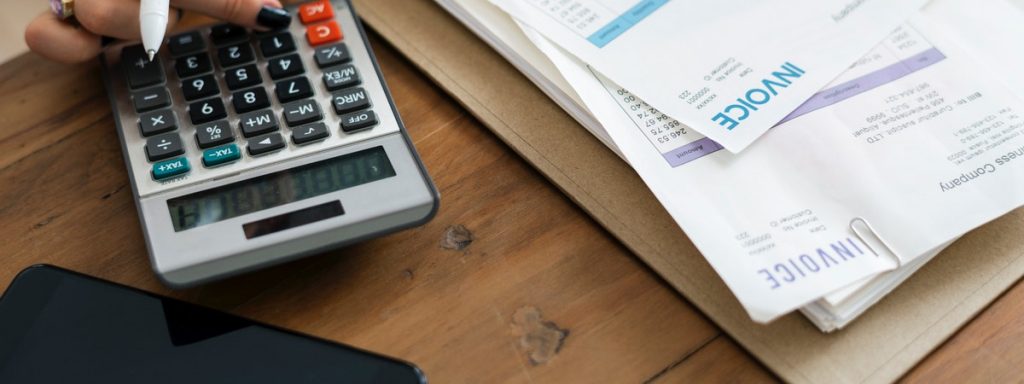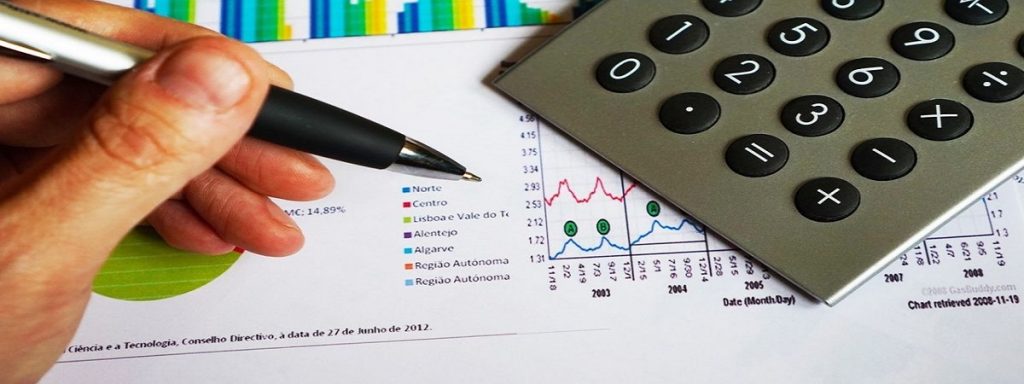Yes! Amazon FBA was profitable in 2021 and will still be worth it in 2022. In 2019, Amazon’s revenue was a staggering $280 billion. Amazon announced its 2020 revenue to be around $386 billion and it was noted that third-party sellers had an impact on nearly 54% of the total revenue. Just so you know, over 90% of third-party sellers on Amazon use the FBA to run their businesses.
Amazon is one of the biggest marketplaces in the world and most people believe that they could easily make millions overnight while selling on Amazon. The common idea people get is that selling on Amazon is always a lucrative business. Well, that’s not entirely true! Not when the platform is flooded by millions of sellers now. Back then, when Amazon just started, a seller won’t really have to compete with plenty of competitors because there were only a handful of sellers on the platform. Since there was a lack of competition, sellers can easily run their businesses on AMZ and make staggering profits. But does it mean that the Amazon FBA business isn’t worth it anymore in 2021? Let’s find out. In this article, we are going to know whether the Amazon FBA will still be profitable. But firstly, let’s understand what Amazon FBA is all about.
Fulfillment By Amazon (FBA)
Basically, FBA means Fulfilled by Amazon. This type of business involves Amazon fulfilling and shipping the items to the customer’s poor buyers after you sell and market the products. As a seller, you’re expected to send bulk items to Amazon’s fulfillment stores or warehouses. Once your products get to the AMZ’s fulfillment center, the workers at Amazon will help package, and ship the products to the buyers/customers. One good thing is that the platform also handles all post-purchase customer service including returns and refunds.
What Types Of Amazon FBA Business Exist?

There are three major types of Amazon FBA business, and they include a private label, retail arbitrage, and wholesale. Let’s take a look at each of them.
Private Label
People in this category sell products based on preference. What the private label sellers do is get in touch with domestic or international manufacturers to supply bulk items. After that, they go-ahead to create a unique brand on Amazon. This process includes building social media accounts, a storefront, and product listings.
Retail Arbitrage
Retail arbitrage is another type of Amazon FBA business and it involves buying discounted products at retail stores and then repackaging and reselling them for a good profit margin. You don’t need to create a unique brand in retail arbitrage since you’re reselling other brands’ products.
Wholesale
This is mostly similar to retail arbitrage, involving the purchase of branded products and reselling for a good profit margin without the need to create their own private label. The only difference is that wholesalers usually work with manufacturers directly since they buy items sold in bulk. All they do is add an amazing offer to an existing product listing without having to create a new product listing.
Pros And Cons Of Selling On Amazon FBA

Just like we said earlier, an FBA business is an excellent way of listing and selling out your products to millions of potential customers without having prior e-commerce experience. But then, are there any downsides to this incredible business model? Let’s quickly find out as we go over some of the pros and cons of using Amazon FBA.
Pros
Access To Amazon’s Loyal Customer Base: Amazon.com is a huge marketplace with more than 300 million Prime customers/buyers worldwide and receives nearly 3 billion visits every month. Using the FBA program helps you list and sell your products on a platform that receives millions of visits per day.
Amazon FBA Handles Logistics: Amazon’s FBA program allows sellers to send their inventory into Amazon’s fulfillment centers, where all the storage, order fulfillment, and even customer service will be taken care of for you. It reduces stress and saves you some money!
Prime Shipping: Amazon attaches the Prime badge on a seller’s product using FBA to fulfill their orders. Once your products receive the Prime badge, you’ll get undeniable access to Amazon’s sizable Prime customer base that orders exclusively from Prime sellers.
Cons
Storage Fees: Using FBA requires you to store your items in an Amazon fulfillment center. So, you’ll be required to pay for storage fees. Storage fees can either be long-term or monthly. To reduce high storage fees, you need to know how to effectively manage your inventory correctly.
FBA Fees: Amazon charges a fee for storing, picking, packaging, and shipping out your items. However, you should know that the fees solely depend on the weight and size of your products. Just so you know, Amazon charges about 30-40% of your product price for referral fees and FBA fees.
Easy For Customers To Return Items: We all know that Amazon has a generous return policy. So, some sellers may experience high return rates on their products if it is not of the best quality. High return rates are a hassle for sellers.
The Table Below Contains The Percentage Of Amazon FBA Sellers And Their Monthly Sales.
| Monthly sales | Percentage of Amazon sellers |
| Under $500 | 17% |
| $501-$1,000 | 9% |
| $1,001 – $5,000 | 20% |
| $5,001 – $10,000 | 13% |
| $10,001 – $25,000 | 12% |
| $25,001 – $50,000 | 10% |
| $50,001 – $100,000 | 5% |
| $100,001 – $250,000 | 5% |
| More than $250,000 | 6% |
| I don’t know | 4% |
The Table Below Contains The Percentage Of Amazon Sellers And Their Profit Margins.
| Profit margin | Percentage of Amazon sellers |
| ~1-5% | 6% |
| 6-10% | 10% |
| 11-15% | 13% |
| 16-20% | 19% |
| 21-25% | 14% |
| 26-50% | 19% |
| 51-100% | 3% |
| Not currently profitable | 8% |
| Don’t know | 8% |
FAQs
After extensive research, we’ve made a curative list of frequently asked questions and answers on Amazon FBA. Let’s check it out!
Is Amazon FBA A Viable Business Option In 2021?
Yes, of course! Everybody knows Amazon is a profitable and productive marketplace. Can you imagine the platform has now surpassed $1 trillion in market value? Investors can get a single share of Amazon stock for more than $3,000. And you shouldn’t be surprised to know that the marketplace owns half of the e-commerce market in the United States. With all of these impressive statistics, one can say that partnering with this company will be a viable business option anytime anyway. But the truth is that you’ll be faced with a highly competitive marketplace. Amazon disclosed that over a million-seller joined its FBA last year making a total of 9/7 million sellers globally. One might just say that the FBA business is a highly competitive and crowded platform.
Is Amazon FBA Better Than Dropshipping?
Not really! Amazon FBA isn’t really better than dropshipping. If you’re new to online business then we’ll suggest you go for the dropshipping business model. That’s because it helps provide more perks and added advantages than the FBA program by Amazon. Amazon FBA is more suitable for sellers who already have a running business.
What Is The Difference Between FBA And FBM?
FBA is a business program put in place by Amazon where the warehousing and fulfillment is taken care of by the company. All the seller needs to do is send inventory to an Amazon warehouse and their orders will be shipped by Amazon. FBM (Fulfilled by Merchant), on the other hand, is a fulfillment procedure where the seller handles the storing of inventory and shipping orders.
How Much Does It Cost To Start An Amazon FBA Business?
It depends on your pocket! With as little as $500 in inventory, you can kickstart your FBA business career. We specifically suggest that you invest nothing more than this if you’re just starting out, or you’re strapped for cash, or you don’t wanna go all in. However, you should consider something around $2500 to $3000 if you’re looking to start a substantial Amazon FBA business.
Final Thoughts – Wrapping It Up!
Despite the negative opinions about the highly competitive and saturated marketplace, it is still a profitable move to start Amazon FBA in 2021. We’ve come to the final session of this informative article. We hope you were able to know whether the Amazon FBA is still profitable in 2021.
References:
https://www.smart-minded.com/en/business/is-amazon-fba-worth-it/
https://www.linkedin.com/pulse/selling-amazon-2021-still-profitable-szymon-zurek
Last Updated on August 5, 2022 by Ana S. Sutterfield

Magalie D. is a Diploma holder in Public Administration & Management from McGill University of Canada. She shares management tips here in MGTBlog when she has nothing to do and gets some free time after working in a multinational company at Toronto.





